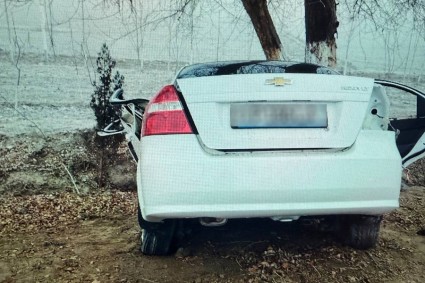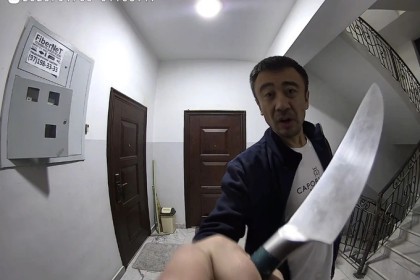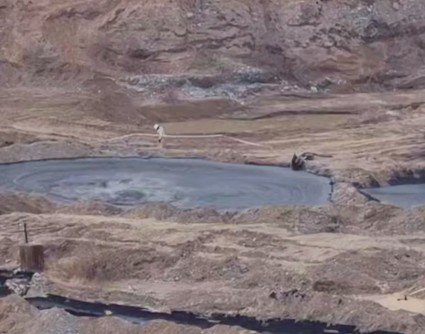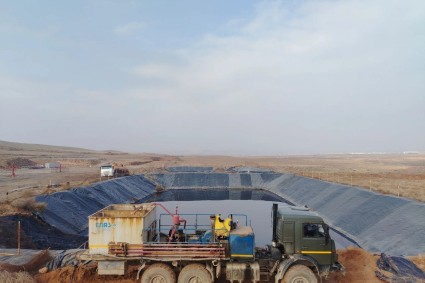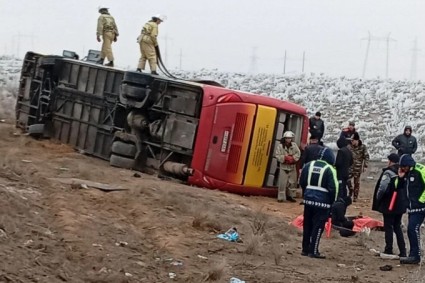Following the first Ministerial meeting on regional cooperation of the C5+1 format (Central Asia + the US) in Samarkand today, the Administrator unveiled new projects that USAID intended to implement in the region.
At a press briefing after the meeting, the USAID Administrator Samantha Power announced the allocation of $14.3 million, which will be used to remove barriers to economic growth, create sustainable and green energy systems, and combat disinformation in Central Asia.
Removing barriers to economic growth
“Many of the barriers to economic growth we see in Central Asia are outdated processes that make cross-border trade too slow and expensive to remain competitive,” Samantha Power told reporters.
She emphasized that during the ministerial meeting, the United States agreed with representatives of all five countries in the region to work together on automating trade systems, using common protocols and forms to reduce the time and cost of moving goods across borders. “This is all a key aspect of membership in the World Trade Organization,” she added.
“Another significant barrier to growth is access to capital. Therefore, USAID will provide $10.8 million in grants to 100 small and medium-sized enterprises, with a special focus on enterprises run by women and vulnerable communities, and in key sectors such as ICT and the green economy, so that they could develop and improve their business,” said Samantha Power.
Green and sustainable development
Samantha Power also recalled the US commitment to supporting green, sustainable and independent energy systems. For example, in 2018, USAID helped Kazakhstan launch the region's first competitive auctions to attract clean energy investors and reduce the cost of green electricity. They were attended by 195 companies wishing to help create renewable energy capacity in Kazakhstan. “That year, the volume of electricity produced from renewable energy sources in Kazakhstan increased by 36%,” noted the head of USAID.
She announced the agency would contribute $2 million to mobilize funds to develop a green economy and invest in more efficient and renewable energy sources.
“We will continue to work together with all five countries to improve the efficiency of power production in Central Asia and introduce new technologies that improve energy efficiency,” said Samantha Power. Combating disinformation
The USAID administrator also announced a new regional program that will help Central Asian countries combat disinformation.
“We will equip journalists and media professionals with the tools and techniques needed to identify and publish the most accurate information, and we will work with partner governments to develop policies that help prevent the spread of disinformation and create a regulatory environment that allows independent media to thrive.” Samantha Power said.
Fight against disinformation
“Supporting media that can counter disinformation is an important democratic reform. But it is very important to note that such democratic reforms are also economic reforms. A company will be more willing to invest if its employees know they won't be killed off by a disinformation campaign, or if they don't have to worry that their products might be made with child labor, or if they know they won't have to pay expensive bribes to corrupt officials to stay in business. Thus, building transparent and accountable governments that protect the rights of all their citizens is one of the most important economic reforms countries can undertake,” she said.
She added that at a meeting with Shavkat Mirziyoyev the day before, she emphasized her readiness to further support efforts to implement the reform program in the country.
“We have been and will continue to be partners with other countries, willing and interested in pursuing similar reforms, which we firmly believe and empirical evidence shows go hand in hand with economic progress and greater prosperity,” she said.
Earlier, Samantha Power announced nearly $19 million in investments (funds provided by USAID are grants, not loans) to Uzbekistan in health, economic growth, local governance and inclusive education.
“At this historic and pivotal moment, we look forward to continuing our work together and supporting the people of Central Asia in turning this new world of hope and opportunity into concrete, lasting, and sustainable progress,” the USAID chief concluded.

